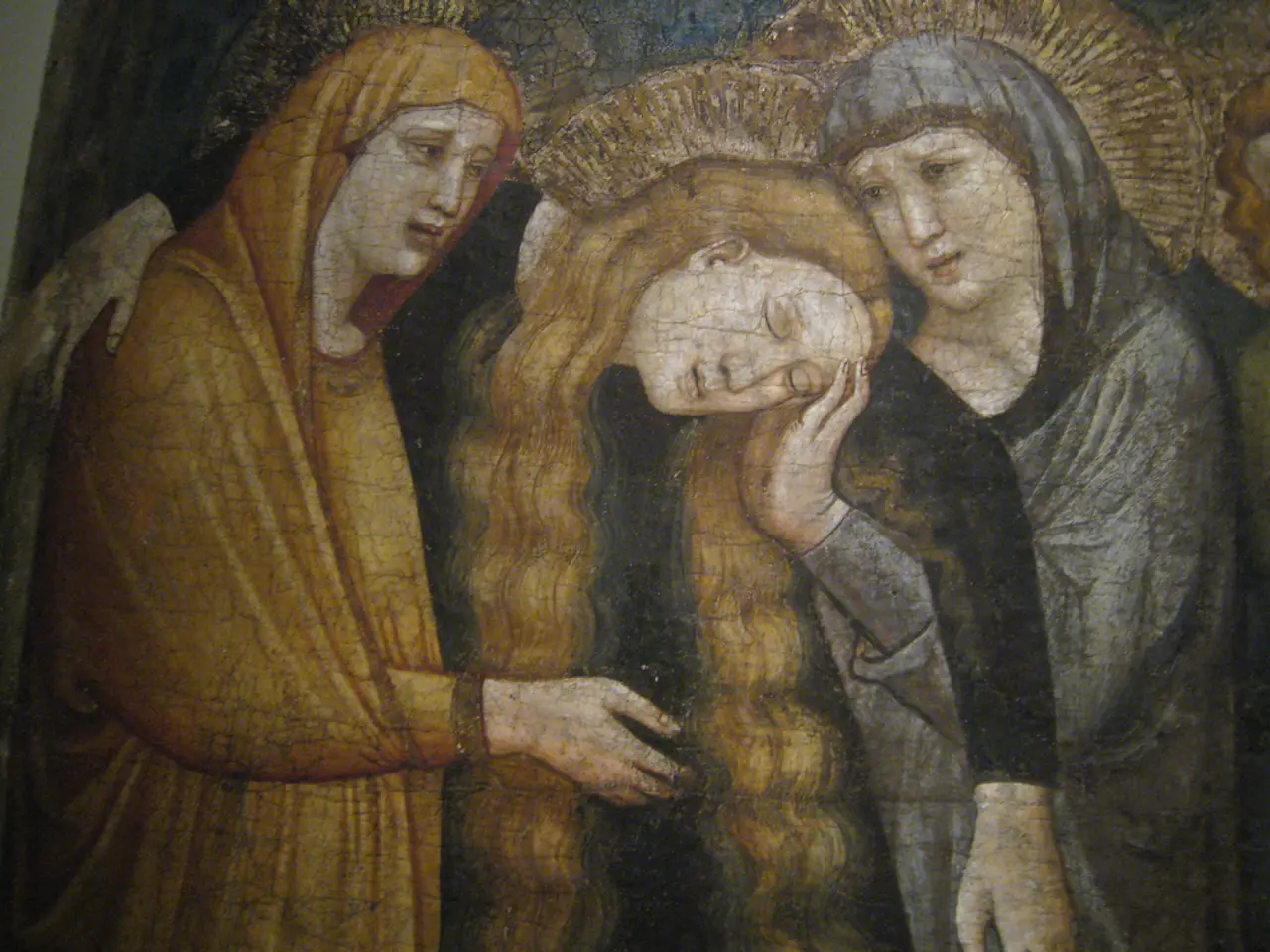Company in India Releases AI-Reworked Movie Without Director's Approval, Sparking Controversy
A new version of the 2013 film Raanjhanaa, titled Ambikapathy in Tamil, has been released by Indian production company Eros International, causing a stir in the film industry. The modified version features an AI-produced ending, a move that has sparked debates about creative ownership, artistic integrity, and legal rights.
Director Aanand L Rai and actor Dhanush, who starred in the original film, have strongly condemned the AI-altered version. They argue that the modification strips the film of its soul and sets a dangerous precedent for future films and creators' control over their work. Rai described the unauthorized re-release as "devastating," criticizing the ease and casualness with which the film was altered without his knowledge or consent. Both are exploring legal action to restore and protect their creative content from what they call extraneous interventions.
On the other hand, Eros International, which holds the copyright and distribution rights to Raanjhanaa, defends the AI re-release as lawful and creatively valid under Indian Copyright Law. Eros states that the modified version is a "lawful and creative reinterpretation" offered alongside the original, not a replacement, and underlines that the AI-assisted climax was created with human creative direction. They frame the release as part of a global tradition of alternate edits and localized versions in cinema. Legally, Eros asserts they are the sole rights holders and that the director’s moral claims are neither contractually nor legally enforceable.
Key Arguments in the Dispute
Against AI-modified release (Rai and Dhanush):
- Unauthorized alteration violates creative rights and artistic integrity.
- Sets a dangerous precedent for future films and creators' control over their work.
- The AI-generated happy ending undermines the original story's emotional and narrative impact.
- Legal action is being considered to challenge the re-release.
For AI-modified release (Eros International):
- Holds full copyright and derivative rights to the film as producer.
- AI-assisted edit is legally permissible and creatively supervised.
- Alternate endings and re-releases are a common and accepted cinematic practice.
- The original film remains available unchanged.
The dispute highlights growing tensions caused by emerging AI technologies in creative industries, especially regarding authorship, consent, and the evolving interpretation of the right to modify and re-release artistic works.
Eros CEO Pradeep Dwivedi states that the AI-reinterpretation of Raanjhanaa had been under development long before recent legal proceedings or regulatory commentary. The rereleased version of Raanjhanaa will be in Tamil instead of Hindi. Eros plans to continue using AI, reviewing its library of over 4,000 properties, and will consider opportunities on a case-by-case basis, depending on legal rights and cultural and creative relevance.
David Gerard of pivot-to-ai.com conducted an experiment with Google’s Veo 3, demonstrating the limitations of AI video generators. He believes Eros' rerelease of Raanjhanaa is an "obvious" stunt, citing limitations in AI's ability to follow scripts or directions. Equity, a UK-based arts and entertainment trade union, supports Rai's stance and calls for legislation to protect creatives from unethical AI applications.
Aanand L. Rai's production company, Colour Yellow, is currently in a dispute with Eros over the rerelease. Rai opposes the release, arguing it disregards artistic consent and sets a troubling precedent for AI use in filmmaking without creator approval.
References: [1] The Indian Express [2] Variety [3] NPR
- Eros International's proposed use of artificial-intelligence in modifying films, like the recent alteration of Raanjhanaa, has sparked debates about the role of technology in the entertainment industry.
- The use of AI in creating an alternate ending for Raanjhanaa, as demonstrated by the ico-assisted climax, highlights the emerging potential for AI in movies and TV shows, prompting questions about the ethics and creative control in this context.
- Aanand L Rai and Dhanush, in advocating against AI-modification of their work, have cited the importance of preserving entertainment technology's artistic integrity and maintaining creators' control over their intellectual property.




